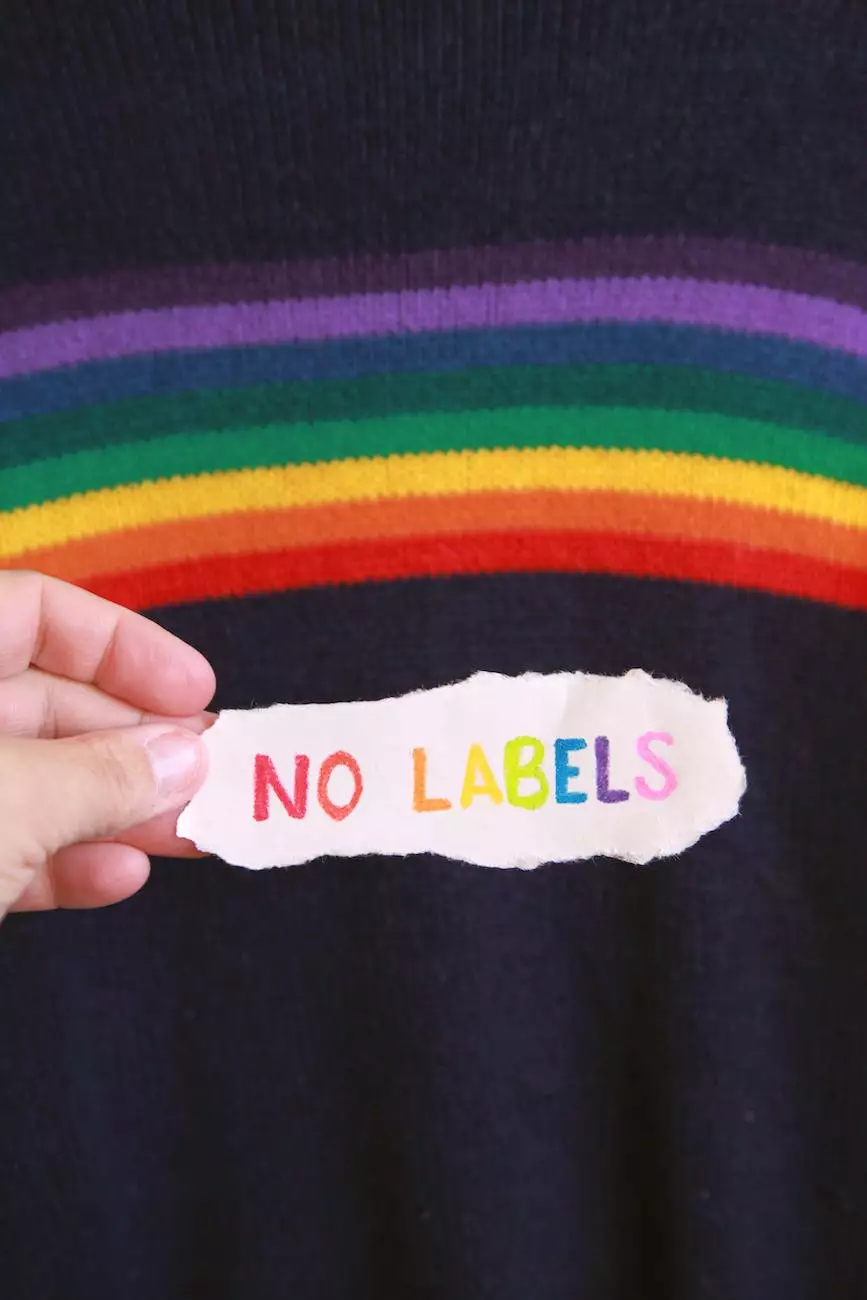Learn English Grammar – Should vs. Had Better
English Grammar Lessons
Confused about when to use 'should' and 'had better' in English? You're not alone! These two words can be tricky to differentiate, but don't worry, NJCLT is here to help. In this free English lesson, we'll dive into the nuances of 'should' and 'had better' and provide you with clear explanations, examples, and exercises to ensure you understand and apply these concepts correctly.
The Differences Between 'Should' and 'Had Better'
While both 'should' and 'had better' can be used to give advice or express suggestions, there are slight differences in their usage. Let's take a closer look at each term:
'Should'
'Should' is a modal verb that is commonly used to offer recommendations, express obligation or duty, give advice, or discuss expectations. It is often used to indicate what is considered the proper or correct course of action in a given situation. Here are some examples to illustrate its usage:
- Advice: You should eat more fruits and vegetables for a healthy diet.
- Obligation: I should call my parents regularly to check on them.
- Expectation: They should arrive at the meeting on time.
As you can see, 'should' is commonly used when discussing general recommendations or expectations, without a specific urgency or consequence attached.
'Had Better'
'Had better' is a more emphatic phrase that suggests a stronger recommendation or warning. It is often used to highlight the potential negative consequences of not following the advice given. Here are some examples:
- Advice with consequence: You had better study for the exam if you want to pass.
- Warning: He had better be careful while driving on icy roads.
'Had better' often implies a sense of urgency or a specific outcome if the advice is not heeded. It can convey a stronger sense of importance or necessity compared to 'should'.
Examples and Practice
To help solidify your understanding of 'should' and 'had better,' we have prepared a series of examples and practice exercises to guide you through different scenarios. By actively engaging with the exercises, you'll gain more confidence in using these confusing words correctly.
Example 1: Making Suggestions
Use the provided prompts to create sentences using both 'should' and 'had better', depending on the level of emphasis or consequence:
- Prompt: There's a chance of rain today.
- Example response using 'should': You should take an umbrella just in case.
- Example response using 'had better': You had better take an umbrella; otherwise, you'll get soaked.
Feel free to create more sentences using different scenarios to practice making suggestions with 'should' and 'had better.'
Example 2: Giving Advice
Consider the following situations and provide advice using 'should' or 'had better' based on the level of urgency or potential consequences:
- Situation: Your friend wants to travel alone for the first time.
- Advice using 'should': You should research your destination and plan your itinerary carefully.
- Advice using 'had better': You had better inform a trusted friend or family member about your travel plans for safety reasons.
Feel free to come up with more scenarios and practice giving advice using 'should' and 'had better'.
Conclusion
By now, you should have a solid understanding of the differences between 'should' and 'had better' in English. Remember, 'should' is often used for general recommendations or expectations, while 'had better' emphasizes stronger recommendations with potential consequences. Practice using these phrases in various contexts to improve your fluency and accuracy in English.
At NJCLT, we are dedicated to helping you improve your English skills. If you have any further questions or need additional guidance, don't hesitate to reach out to us. Happy learning!










